A Collaborative Inquiry into Human Well-Being
A Global Journey to Understand What It Means to Flourish
The Global Flourishing Study unites scholars and institutions worldwide to explore what it means to flourish. This interdisciplinary initiative examines well-being across cultures and life experiences, providing insights into the factors that drive human flourishing. Through collaboration, the study aims to inform policies and practices that promote global well-being.

Tracking Flourishing Across Continents
This initiative will survey approximately 200,000 individuals across 20+ countries spanning every continent, including Argentina, Brazil, China, Egypt, Germany, India, Japan, Kenya, Mexico, South Africa, Sweden, the UK, and the US. Our researchers will ensure representative population sampling and collect data annually from the same participants to track changes over time.
The Questions That Guide Us
Our research explores what it truly means to flourish by asking participants about the key areas that shape well-being—health, relationships, purpose, spirituality, and resilience. By gathering insights from diverse experiences, we aim to uncover how these factors contribute to flourishing across the globe.
Back to Domains
Happiness & Life Satisfaction
Overall, how satisfied are you with life as a whole these days? In general, how happy or unhappy do you usually feel?
- How do different aspects of a child’s upbringing predict happiness in adulthood?
- How does life satisfaction/life evaluation vary across different demographic categories such as age, gender, marital status, employment, religious service attendance, education, and immigration status?
- How do different aspects of a child’s upbringing predict life satisfaction in adulthood?
Back to Domains
Mental & Physical Health
In general, how would you rate your physical health? How would you rate your overall mental health?
- How do different aspects of a child’s upbringing predict self-rated physical health in adulthood?
- How are mean levels of self-rated mental health ordered across different countries?
- How are mean levels of self-rated physical health ordered across different countries?
- How does self-rated physical health vary across different demographic categories such as age, gender, marital status, employment, religious service attendance, education, and immigration status?
- How do different aspects of a child’s upbringing predict daily smoking, drinking, or exercise in adulthood?
Back to Domains
Meaning & Purpose
Overall, to what extent do you feel the things you do in your life are worthwhile? Do you understand your purpose in life?
- How do different aspects of a child’s upbringing predict sense of purpose/meaning in adulthood?
- How do mean levels of sense of purpose/meaning in life ordered across different countries vary?
- How does a sense of purpose/meaning in life vary across different demographic categories such as age, gender, marital status, employment, religious service attendance, education, and immigration status?
Back to Domains
Character & Virtue
Do you act to promote good in all circumstances, even in difficult and challenging situations? Are you able to give up some happiness now for greater happiness later?
- How are mean levels of an orientation to promote good ordered across different countries?
- How do different aspects of a child’s upbringing predict an orientation to promote good in adulthood?
- How do different aspects of a child’s upbringing predict charitable giving/helping?
- How does the proportion endorsing (Y) to charitable giving/helping vary across different countries?
Back to Domains
Close Social Relationships
Are you content with your friendships and relationships? Are your relationships as satisfying as you want them to be?
- How do different aspects of a child’s upbringing predict social relationship quality in adulthood?
- How do mean levels of social support order across different countries?
- How does the proportion endorsing (Y) to having an intimate friend vary across different countries?
- How do levels of social support vary across different demographic categories such as age, gender, marital status, employment, education, and immigration status?
- How do different aspects of a child’s upbringing predict social support and having an intimate friend in adulthood?
- How do mean levels of social support order across different countries?
Back to Domains
Financial & Material Stability
How often do you worry about being able to meet normal monthly living expenses? How often do you worry about safety, food, or housing?
- How do different aspects of a child’s upbringing predict Financial/Material Worry in adulthood?
- How do different aspects of a child’s upbringing predict subjective financial well-being in adulthood?
- How does subjective financial well-being vary across different demographic categories such as age, gender, marital status, employment, religious service attendance, education, and immigration status?
Back to Domains
Religion & Spirituality
Do you find strength or comfort in spirituality? Do you identify with an organized religion?

Meet Our Global Research Team
With backgrounds in psychology, sociology, economics, and more, our team combines their expertise to approach the study from multiple perspectives. Each member is committed to advancing our understanding of well-being and contributing to a global dialogue on what it means to live a fulfilling life.
Co-Directors
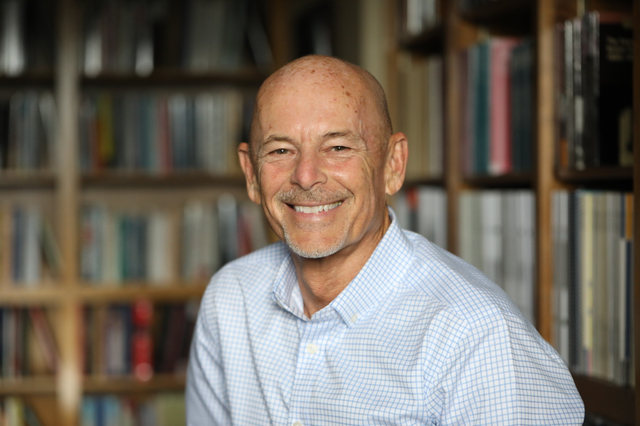
Byron R. Johnson
Baylor University, Institute for Studies of Religion/Sociology

Tyler VanderWeele
Harvard University, Epidemiology / Biostatistics
Global Research Team

Piotr T. Bialowolski
Kozminski University (Poland), Economics

Rebecca Bonhag
Baylor University, Sociology

Thomas Breedlove
Baylor University, Theology

Matt Bradshaw
Baylor University, Sociology
Israel

Pedro A. De La Rosa
University of Navarra / Harvard University, Epidemiology
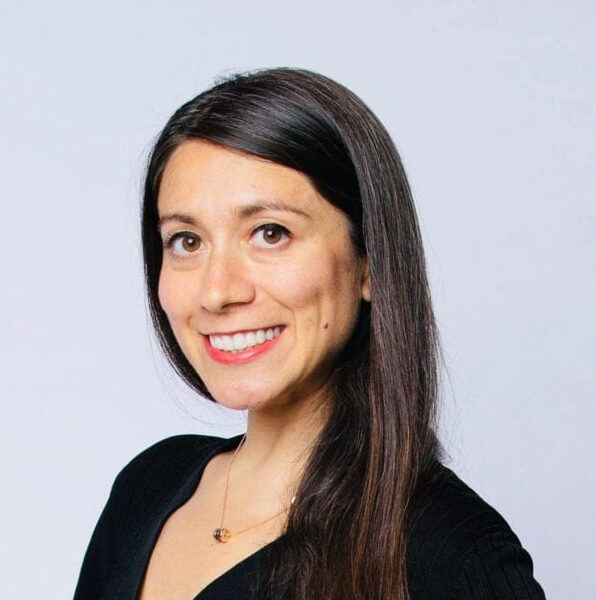
Noémie Le Pertel
Harvard University, Business

Dorota Maria Weziak-Bialowolska
Kozminski University (Poland), Economics/Sociology
Poland

Ying Chen
Harvard University, Epidemiology
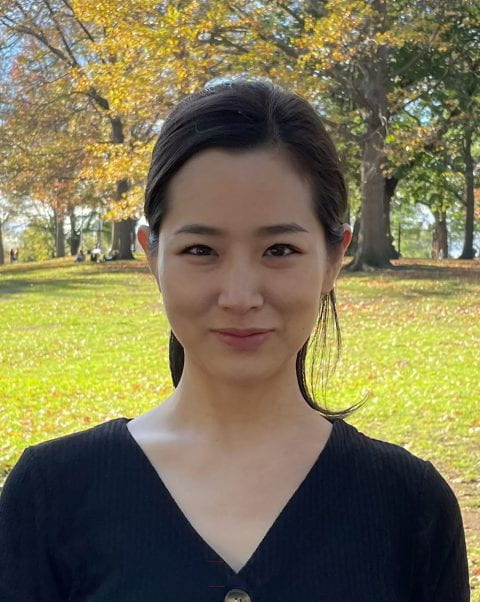
Hayami Koga
Harvard University, Epidemiology

Koichiro Shiba
Boston University, Epidemiology
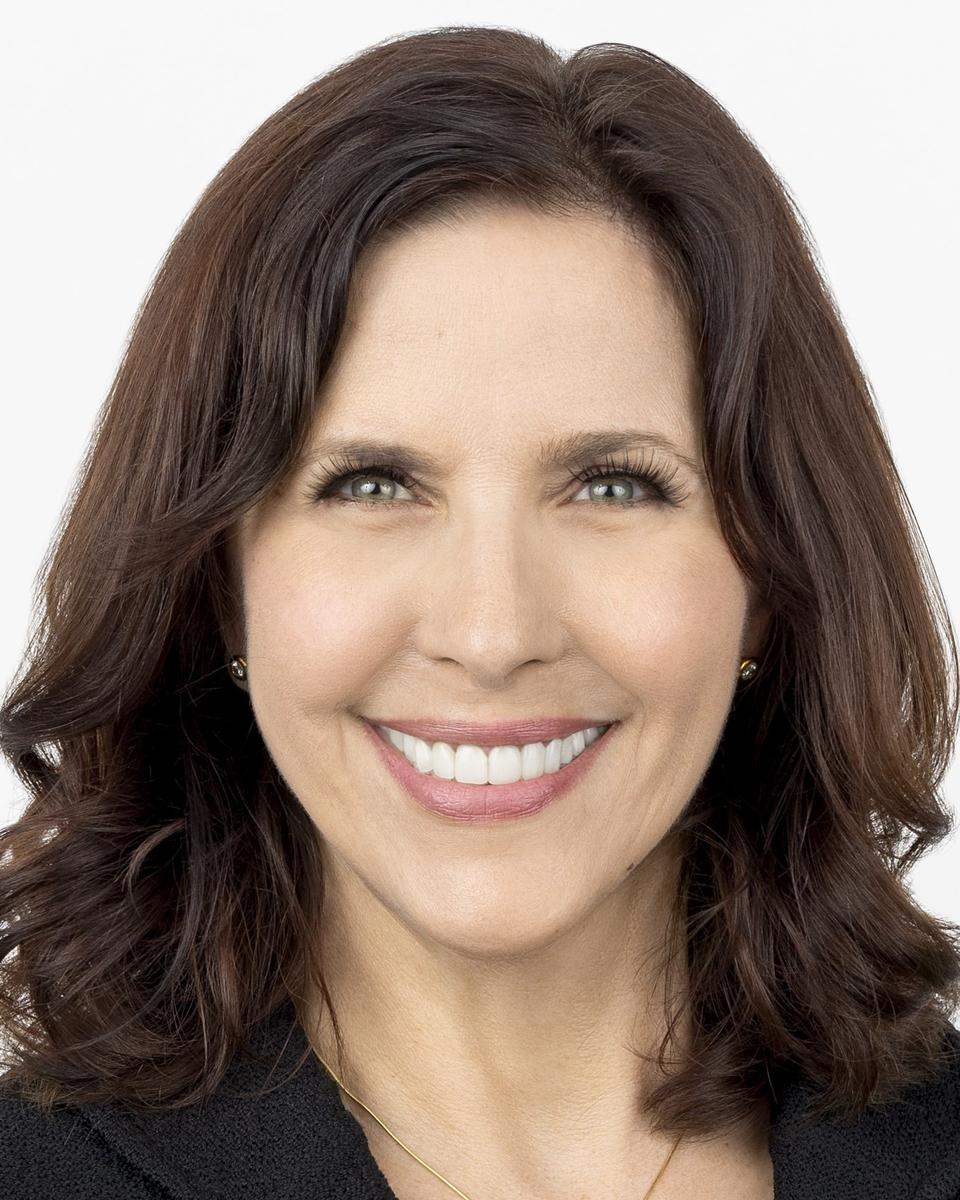
Jennifer Wortham
Harvard University, Public Health

Noah Padgett
Harvard University, Epidemiology

Victor Counted
Regent University, Psychology

Richard Cowden
Harvard University, Psychology
South Africa
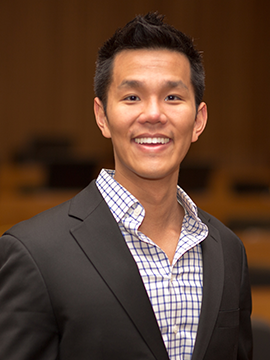
Eric Kim
University of British Columbia, Psychology

Tim Lomas
Harvard University, Psychology

Julia Nakamura
University of British Columbia, Psychology

Sakurako Okuzono
Harvard University, Epidemiology

Lucía Macchia
University of London City, Psychology/Economics

James L. Ritche-Dunham
University of Texas-Austin / Harvard University , Business/Economics

Katelyn Long
Harvard University, Public Health

Renae Wilkinson
Harvard University, Sociology

Blake Victor Kent
Westmont College, Sociology

Brendan Case
Harvard University, Theology
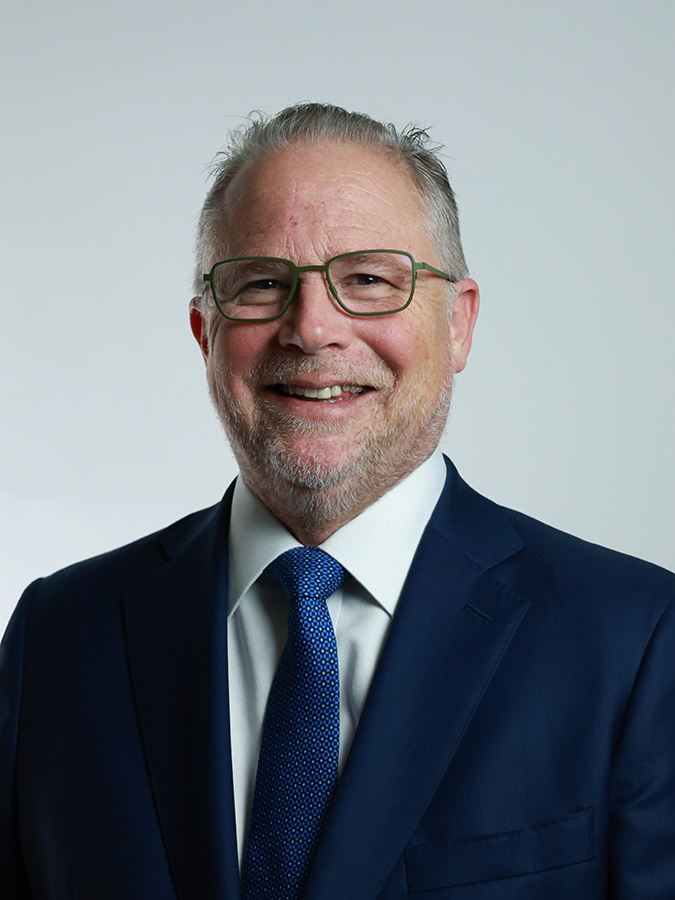
Craig Gundersen
Baylor University, Economics

Sung Joon Jang
Baylor University, Sociology

Thomas Kidd
Baylor University, History

Matthew T. Lee
Baylor University/ Harvard University , Sociology

George Yancey
Baylor University , Sociology

Jeff Levin
Baylor University, Epidemiology / Medical Humanities
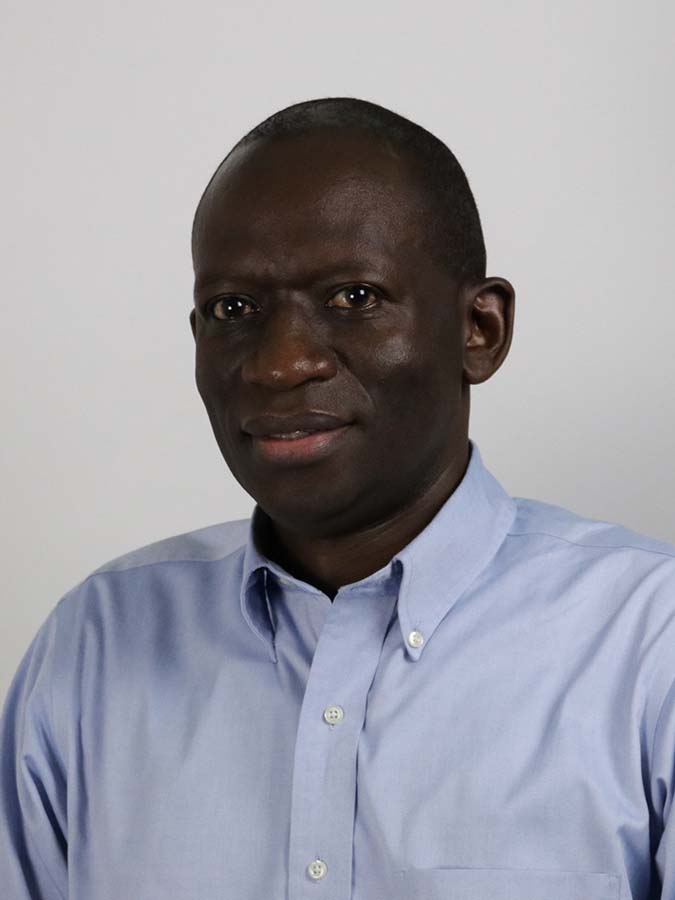
John Ssozi
Baylor University, Economics
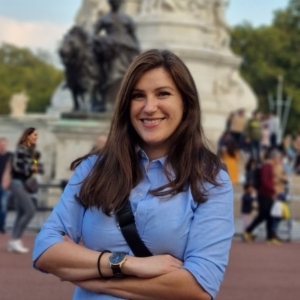
Nikolitsa Grigoropoulou
University of Bremen (Germany), Sociology

Robert Woodberry
Baylor University, Sociology
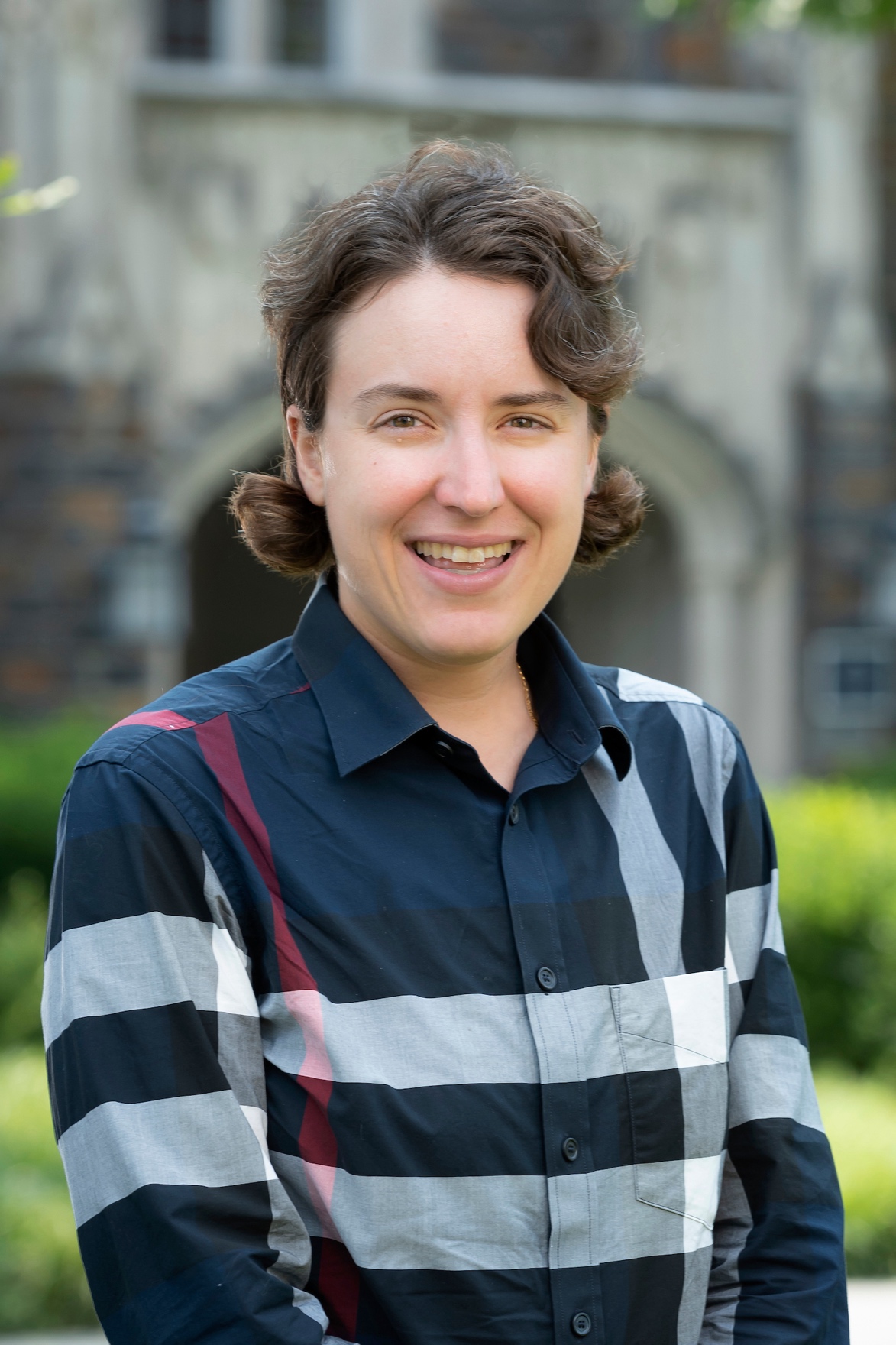
Laura Upenieks
Baylor University , Sociology

Kathryn A. Johnson A. Johnson
Arizona State University, Psychology

Christos Makridis
Stanford U. / Arizona State U. / University of Nicosia, Economics
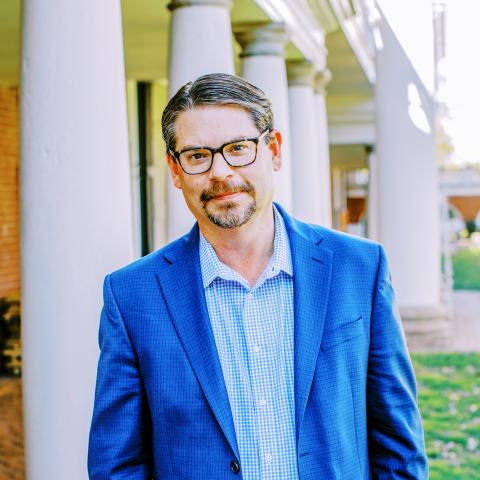
W. Bradford Wilcox
University of Virginia, Sociology

Wendy Wang
Institute for Family Studies, Sociology

Zhuo Job Chen
University of North Carolina- Charlotte, Nursing / Psychology

Sunsuke (Shun) Managi
Kyushu University, Economics

Young-Il Kim
George Fox University, Sociology
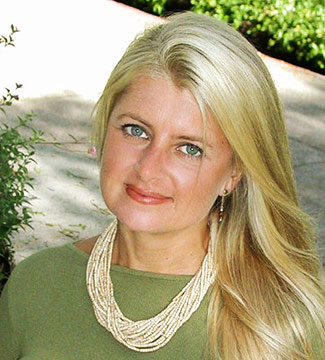
Cristina Gibson
Pepperdine University, Psychology/Organizational Studies

Alan Piper
Leeds University, Economics

Jessica Benfer
Meros Center, Health Services and Policy
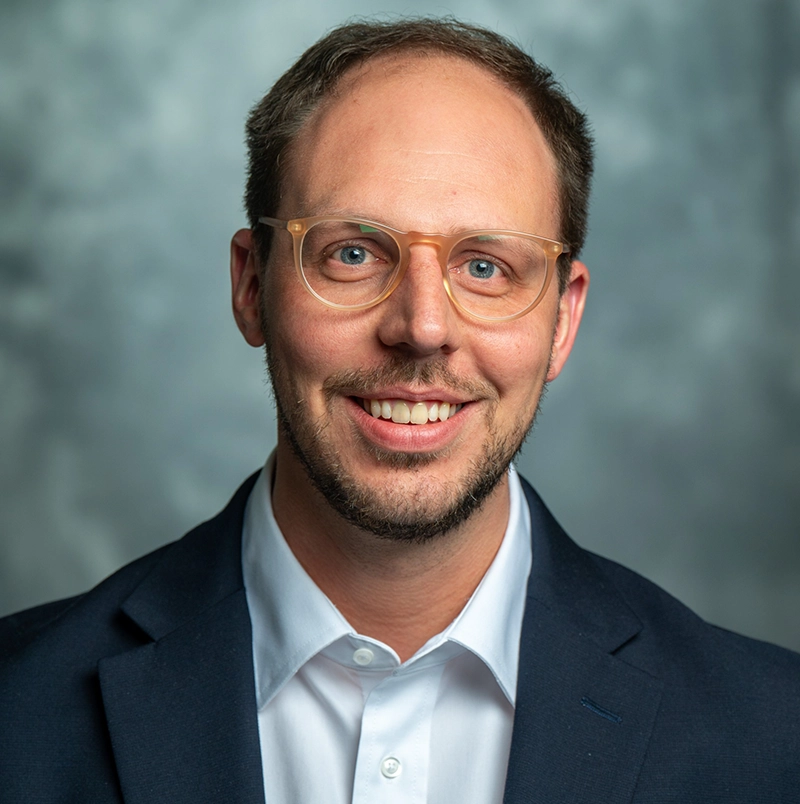
Nicholas Norman-Krause
Belmont University, Theology
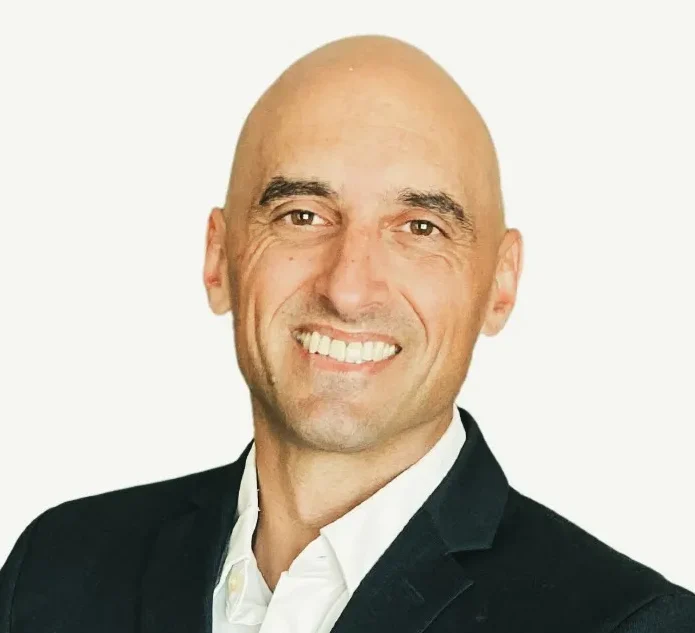
Jason Paltzer
The Meros Center, Epidemiology
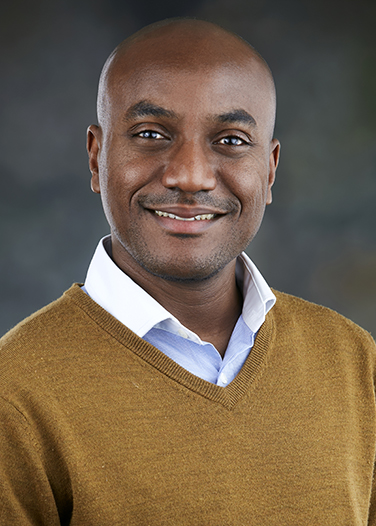
Chukwuemeka Okafor
UT Health San Antonio, Epidemiology
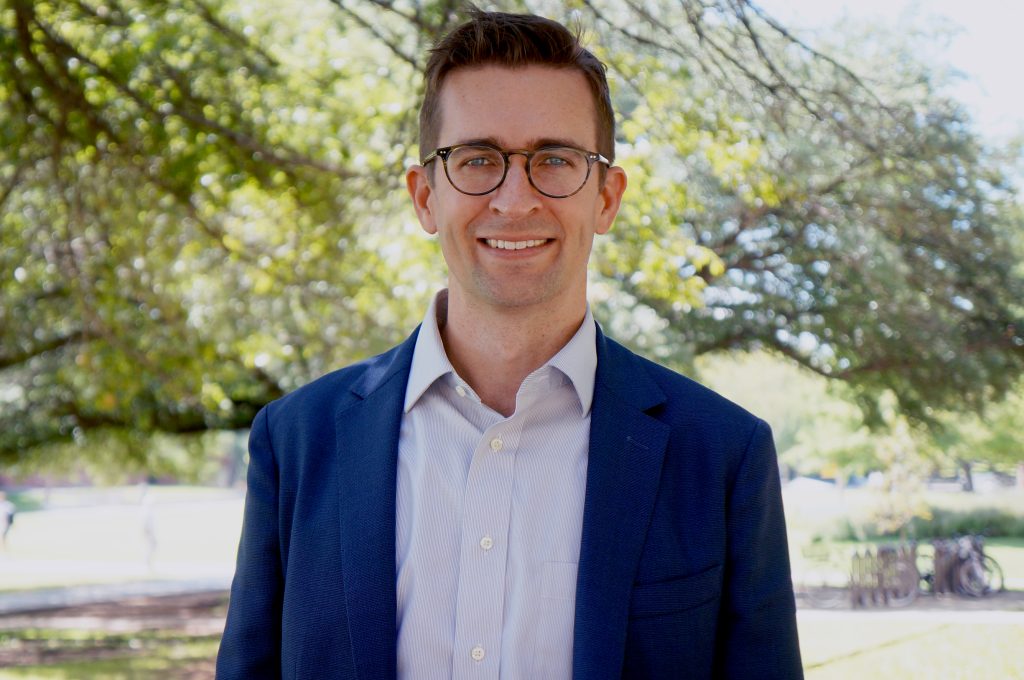
Alex Fogleman
Baylor University, Theology
Research Advisory Board

Laura D. Kubzansky
Harvard University, Professor/ Director of the Society and Health Laboratory at Harvard T.H. Chan School of Public…
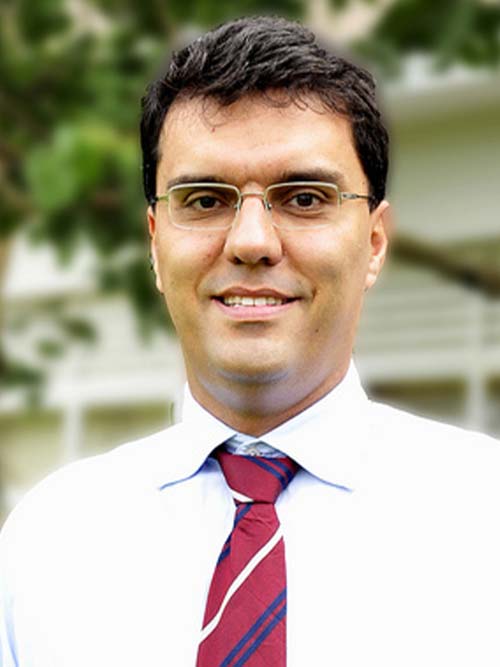
Alexander Moreira-Almeida
Professor at UFJF / Director of Research Center in Spirituality and Health, Brazil / Chair of WPA Section on Religion,…
Brazil

Yoshiki Ishikawa
Public Health Researcher / Science Journalist
Japan

Vikram Patel
Professor at Harvard Medical School / co-founder of Sangath
India
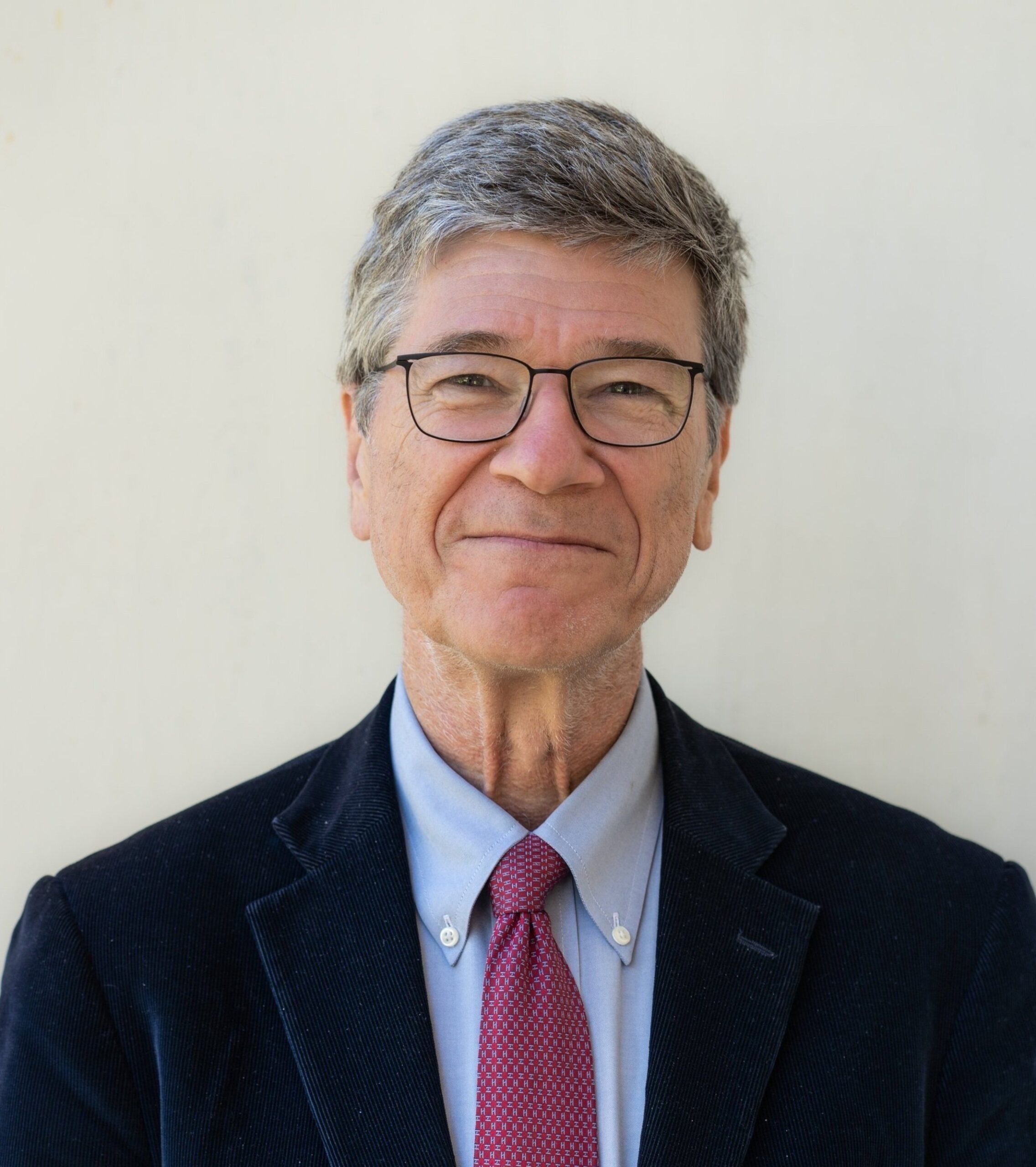
Jeffrey Sachs
Professor of economics @ Columbia & senior UN advisor
USA

Alonzo Plough
VP of research, evaluation & learning/ chief science officer at RWJF /Clinical prof of health services, U of Washington
USA

Susan Prescott
Professor of paediatrics at U of Western Australia /writer
Australia

Yunfeng Lu
Professor of sociology/ Center for Law & Religion Studies
China

Mwenda Ntarangwi
CEO, Commission for University Education
Kenya

Veronica Benett Martinez
Researcher / Professor at Pompeu Fabra University
Spain

Joseph Bulbulia
Professor, University of Auckland
New Zealand
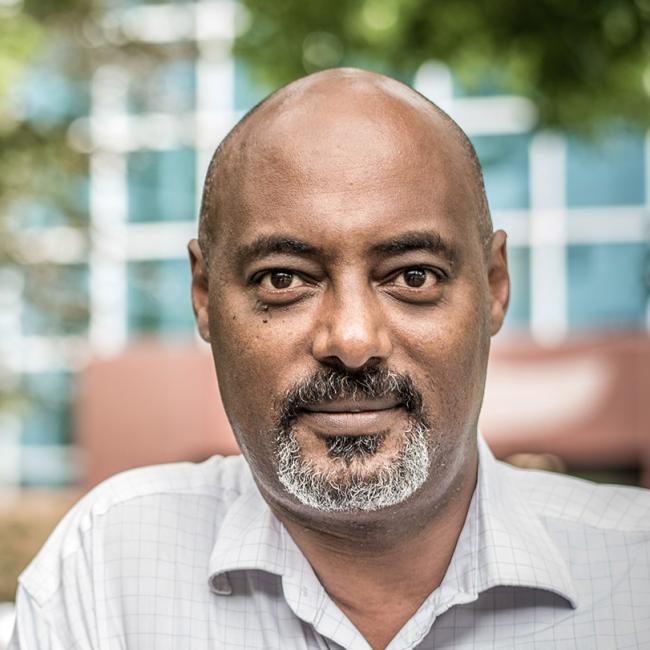
Mohammed Mohammed
Senior Program Officer, Fetzer Institute
USA
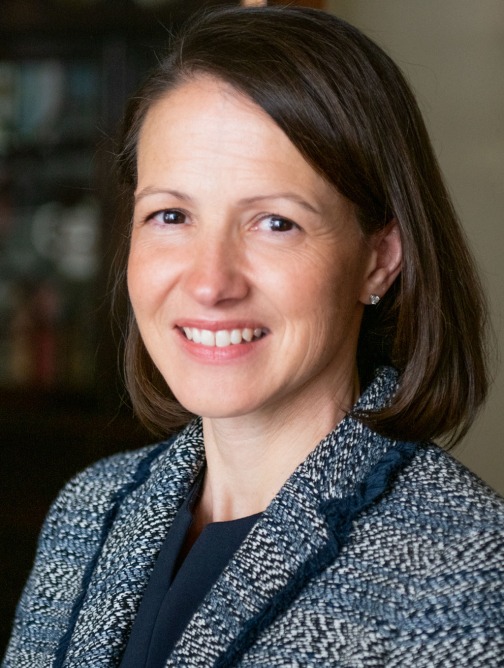
Heather Dill
President, John M. Templeton Foundation
USA

Tyler Norris
Board Chair of Naropa University and co-Chair of the CEO Alliance for Mental Health
USA

Kate Shellnutt
Christianity Today
USA

Neha Sahgal
Assoc. Dir. Research, Pew Research Center
USA
Country-Specific Satellite Research Partners
A specially selected team of scholars in and/or from the 22 countries are leading a series of country-specific papers, in collaboration with members of the core GFS team, with one paper for each of the 22 countries. Work on the papers began in mid-2024, and these papers will be published later in 2025 as part of a special edition of the International Journal of Wellbeing. The following is a provisional list of authors for each country (with the list subject to revision and updating with new additional co-authors being brought on board).

Aaron Jarden
Australia/Hong Kong

Lindsay Oades
Australia

Dan Loton
Australia

Claudia Vanney
Argentina

Peggy Kern
Australia

Lanxi Huang
Australia/Hong Kong

Mesurado Belen
Argentina

Fitz Herbert Arturo
Argentina

Jean Natividade
Brazil

Claudia Hofheinz Giacomoni
Brazil

Ahmed Moustafa
Egypt

Sebastian Sattler
Germany

Maike Ritzer
Germany

Jia-Qi Xu
Hong Kong

Maggie Yue Zhao
Hong Kong

Hanchao Hou
Hong Kong

Shanmukh Kamble
India

Mahimna Vyas
India

Anjana Gauri Pendyala
India

Ni Made Taganing Kurniati
Indonesia

Dona Eka Putri
Indonesia

Jeff Levin
Israel

Yukiko Uchida
Japan

Joonha Park
Japan

Alexander Kirchner-Häusler
Japan

Mohsen Joshanloo
Japan

Nathan Chiroma
Kenya

Enrique Roberto Tamés Muñoz
Mexico

Alberto Hernández Baqueiro
Mexico

Manuel Cebral Loureda
Mexico

Angel Gustavo López Montiel
Mexico

Jim Ritchie-Dunham
Mexico/Spain

Adibe Aaron Agbo
Nigeria

Celine Socrates
Philippines

Eunice Contreras
Philippines

Kuba Krys
Poland

Anna Zalewska
Poland

Verónica Fernández Espinosa
Spain

Miguel Ángel Rumayor Fernández
Spain

Isabel Ortiz
Spain

David Dinwoodie
Spain

Angelina Wilson Fadiji
South Africa

Jurgen Hendriks
South Africa

Richard Cowden
Harvard University, Psychology
South Africa

Oscar Kjell
Sweden

August Nilsson
Sweden

Aleefia Somji
Tanzania

Ayse Yemiscigli
Turkey

Dennis Snower
UK/US

Fernanda Ortega
UK/US